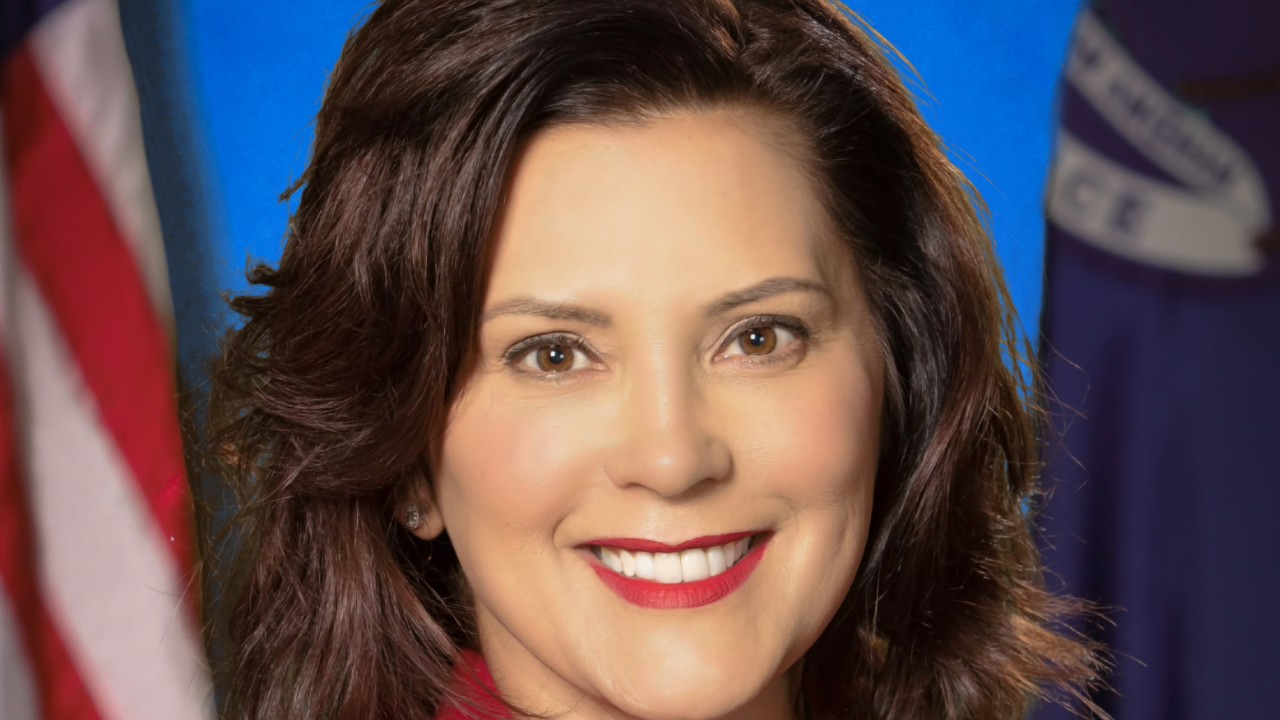Michigan Gov. Gretchen Whitmer orders everyone to stay at home today March 23, 2020 to limit the spread of corona virus. through April 13, 2020.
Gov. Gretchen Whitmer has issued a “stay at home” order for Michigan, effective at midnight tonight, in response to the coronavirus crisis.
The order, draws on Whitmer’s broad executive powers under a state of emergency. Though sweeping, it includes exemptions for essentials such as:
- Shopping for food or medicine
- Getting needed medical treatment
- Getting fuel
- Walking a pet
- Walking for exercise
- Staffing to allow maintenance of “minimal business operations” for many employers
Essential workers such as police, fire, hospital, grocery store and pharmacy workers are also exempted, as are their workplaces.
The order also bans all public and private gatherings of any size outside of a family home. An earlier order had limited gatherings to no more than 50.
- Michigan families can get food, cash, internet during coronavirus crisis
- Michigan coronavirus Q&A: Reader questions answered
- How to apply for unemployment benefits in Michigan amid coronavirus crisis
WHAT ARE GOVERNORS’ POWERS & AUTHORITY
Executive Orders
The authority for governors to issue executive orders is found in state constitutions and statutes (Michigan State Constitution) as well as case law, or is implied by the powers assigned to state chief executives. Governors use executive orders—certain of which are subject to legislative review in some states—for a variety of purposes, among them to:
- trigger emergency powers during natural disasters, energy crises, and other situations requiring immediate attention;
- create advisory, coordinating, study, or investigative committees or commissions; and
- address management and administrative issues such as regulatory reform, environmental impact, hiring freezes, discrimination, and intergovernmental coordination.
For state by state information on the power of governors to issue executive orders, see “Gubernatorial Executive Orders: Authorization, Provisions, Procedures” (Table 4.5, The Book of the States 2017, source: The Council of State Governments).
Emergency Powers
As chief executive, governors are responsible for ensuring their state is adequately prepared for emergencies and disasters of all types and sizes. Most emergencies and disasters are handled at the local level, and few require a presidential disaster declaration or attract worldwide media attention. Yet governors must be as prepared for day-to-day events—tornadoes, floods, power outages, industrial fires, and hazardous materials spills—as for catastrophes on the scale of Hurricane Katrina or the September 11 terrorist attacks. States focus on four stages of disaster or emergency management:
- Prepare
- Prevent
- Respond
- Recover
These components afford a useful rubric for thinking about the cycle of disasters and emergencies and for organizing recommendations for state action. During an emergency, the governor also plays a key role in communicating with the public during an emergency, providing advice and instructions and maintaining calm and public order.
State emergency management laws usually define how a governor may declare and end a state of emergency. In some cases, the necessary response to a disaster is beyond the capacity of state and local governments. A state may petition the President to declare a major disaster. The declaration of a major disaster triggers a variety of federal programs depending on the scope of the disaster and the type of losses experienced.
Source: https://www.nga.org/consulting/powers-and-authority/#orders


